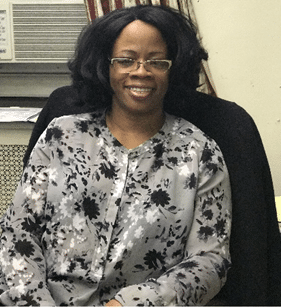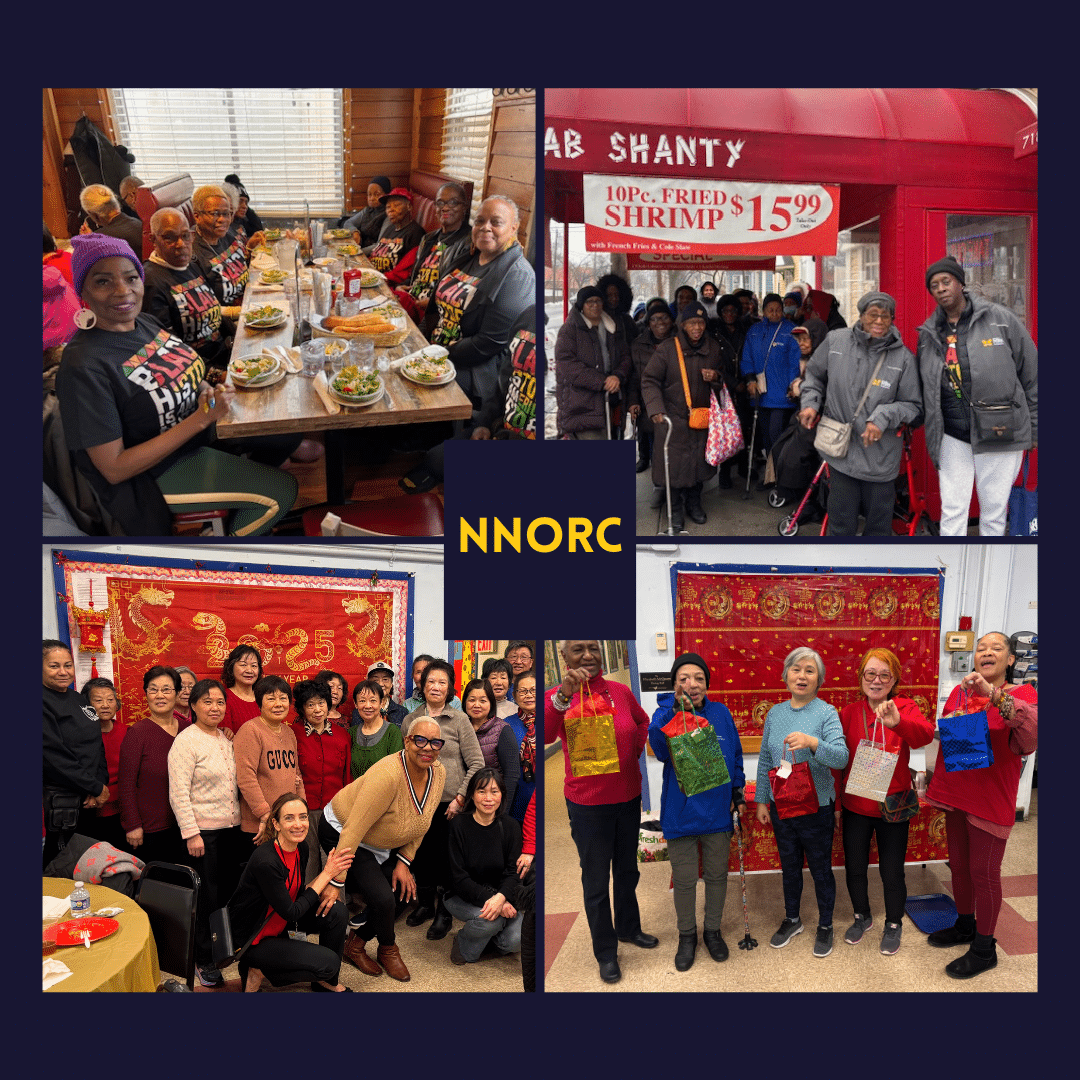Ms. Gail Brown, Director of Senior Services
We often take for granted our ability to go about our daily life with relative ease, and yet for those who suffer from mental illness, these daily tasks can be painfully overwhelming and the resulting feelings of isolation can be debilitating. While the national conversation around mental illness has increased in recent years, there still remains a certain amount of stigma attached to the issue. That stigma can vary from community to community and can make it all the more difficult to sustain the conversation. Finding meaningful solutions that work at the community level are crucial to overcoming these barriers.
Last October, under the guidance of representatives from the Department of Health and Mental Hygiene (DOHMH), Riis Settlement joined with a number of other community stakeholders to form the Western Queens Healthy Families Coalition — a collaborative aimed at sparking an open and honest conversation around the issue, promoting greater mental health at every age, and connecting community members to vital mental health resources that are close to home.
As a first step in this effort, Riis Settlement hosted a Mental Health First Aid training last November that was open to the community. The all-day workshop was facilitated by trainers from DOHMH, as part of the city’s ThriveNYC initiative, which uses a public health approach to begin changing the way people think about mental health.
The workshop provided more than thirty community members with proven practices to help them recognize the early signs and symptoms of mental illness and substance misuse. Attendees also learned how to listen without judgment, and respond to and help someone in distress until they can get the professional care they may need. At the end of the day, all attendees received a three-year certificate in Mental Health First Aid.
One of the attendees was Ms. Gail Brown, director of our Senior Services program. In her role, Ms. Brown interacts on a daily basis with a population that is at an increased risk for depression. Many of our seniors live alone. With no family members to interact with and varying degrees of mobility, one can easily succumb to isolation. Our Senior Services program offers older adults in the community the opportunity to participate in a wide range of social and recreational activities, which can, as Ms. Brown stated, “increase social interaction, reduces the risk of depression, and improve the social and emotional well-being of those that we serve.” However, she also noted the importance of having a staff that is trained to spot the signs of mental distress and can engage in successful early intervention.
Ms. Brown recalled a recent episode where staff members learned that one particular participant had been diagnosed with cancer and that another had stopped taking her life-saving medication. As the first point of aid, they used their training to offer comfort, guidance, and case assistance to both individuals. Ms. Brown expressed that the training had shown her that “we are all empowered to help those who may need it.”
Looking ahead, the Western Queens Healthy Families Coalition will continue raising awareness around mental health issues and empowering community members to both seek and offer help when needed.



